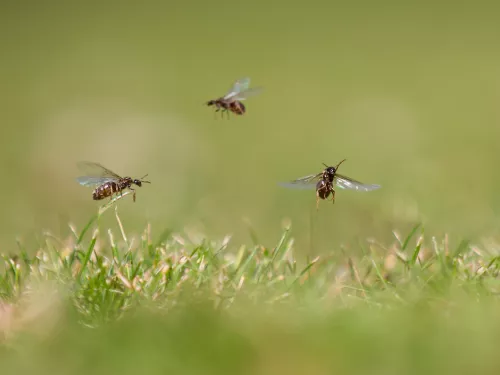
Citizen scientists across the UK buzzed into action for Bugs Matter this summer
The end of summer saw the conclusion of this year’s national insect survey, Bugs Matter, on 30 September.
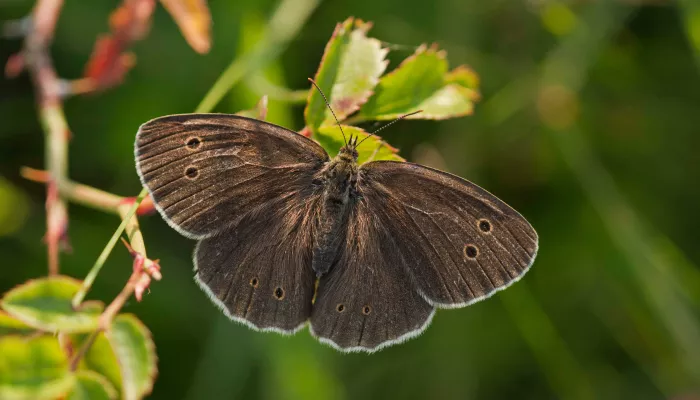
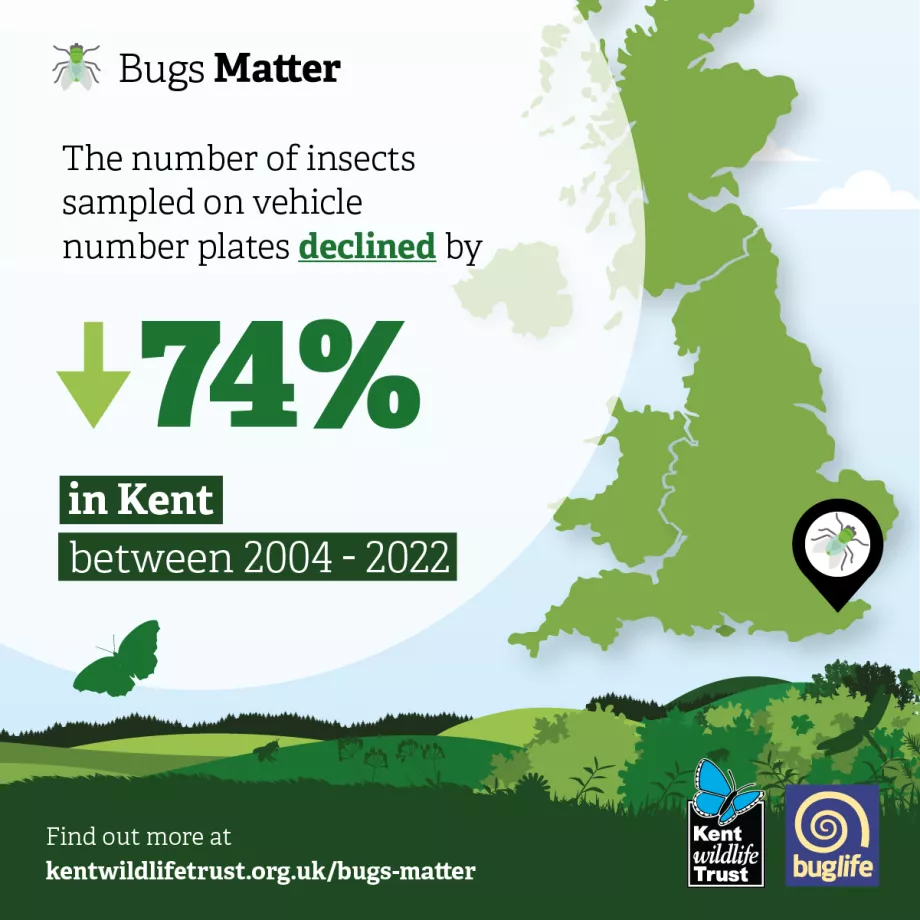
The Bugs Matter Citizen Science Survey uses an innovative method for the large-scale surveying of flying insect abundance across the UK. The survey runs every summer and involves citizen scientists recording the number of insect splats on their vehicle number plates following a journey. Counting insects not only gives an estimate of the abundance of insect life but is also a measure of the health of the environment, so when their numbers fall it is an indication that nature is in trouble.
The Bugs Matter data also indicates that insect declines appear to be happening at a higher rate in Kent compared to the rest of the UK, where a 64% national decline in the number of bug splats on number plates was recorded across the same time period.
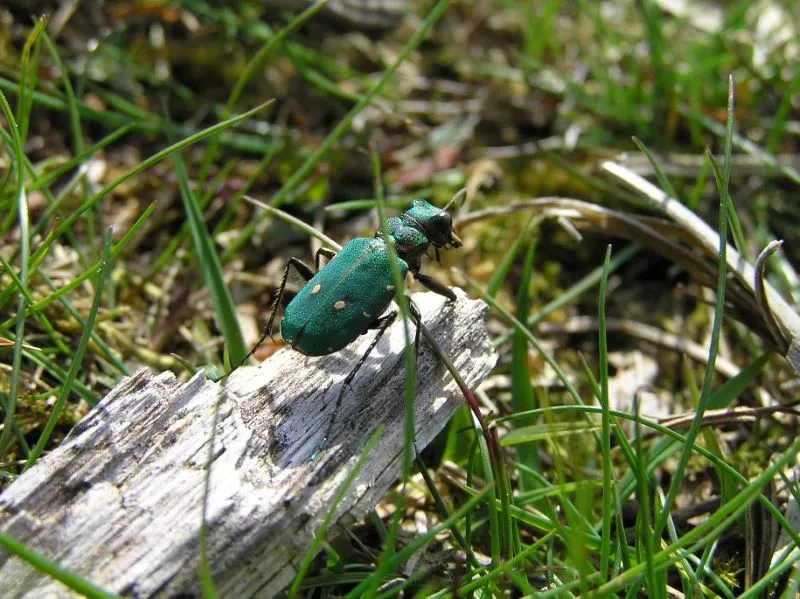
Green Tiger Beetle. © Ian Rickards
Kent has been termed ‘The Garden of England’ for hundreds of years, thanks to its scenic hills, fertile farmland and fruit-filled orchards. In fact, over 70% of Kent is farmland, making it a valuable food producer for the rest of the UK. Crops like oilseed rape, strawberries, tomatoes and apples all benefit from wild insect pollination. The worrying numbers revealed by the Bugs Matter survey may change the role of Kent as one of our most valued food production regions and the food security of the nation as a whole. Kent Wildlife Trust are working with farmers across Kent in ‘Farmer Clusters’ to support collaborative working to drive wildlife-friendly farming practices.
The results from the Bugs Matter surveys inform a growing requirement for conservation research, policy and practice targeted at insects. It is also hoped that the survey method could be adopted in other countries, with citizen scientists across the planet taking part to compile a hugely valuable global dataset.

Landscape at Nashenden. ©Tom George Cawdron
The Bugs Matter team are now busy with upgrades to the app in time for the 2023 survey season, including a trial of artificial intelligence to automatically detect the number of insect splats on a number plate. Participation in the 2022 Bugs Matter survey in Kent was fantastic: the number of journeys increased from 378 to 556 between 2021 and 2022 and the top two journey recorders in Kent have logged 150 and 124 journeys over the lifetime of the Bugs Matter survey. It is hoped that the survey will continue to grow each year.
Dr Lawrence Ball from Kent Wildlife Trust said: “We are pleased that so many citizen scientists in Kent have signed up to the Bugs Matter app – more than in any other county! The data we’re generating means that for the first time we can get a county-wide estimate of how insect populations are changing over time. The results from these first few years are concerning, but we need more citizen scientists to record more journeys across more of our road network every year, to understand the long-term trends in insect numbers in Kent.”
Andrew Whitehouse from Buglife said: “For the second year running, Bugs Matter has shown potentially catastrophic declines in the abundance of flying insects in Kent and across the UK. It doesn’t have to be this way, but urgent action is required to address the loss of the diversity and abundance of insect life. We need to make more space for wildlife and reconnect the wild parts of our landscapes, and we must free our land and freshwaters from pesticides and other pollutants.”
The 2023 Bugs Matter survey season will begin on 1 June 2023. Those keen to get involved can download the free Bugs Matter app now to sign up for next year’s survey:

The end of summer saw the conclusion of this year’s national insect survey, Bugs Matter, on 30 September.

The troubling falls in insect numbers in Kent has been highlighted once again by the 2023 Bugs Matter citizen science survey published today. The new report reveals that the abundance of flying insects sampled on vehicle number plates has fallen by a…
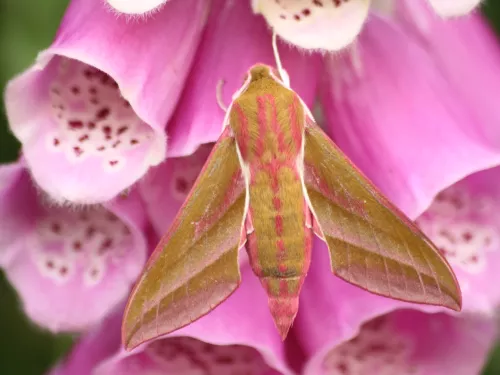
Since June, thousands of dedicated citizen scientists have contributed their time and effort to Bugs Matter – a national citizen science survey from Kent Wildlife Trust and Buglife which uses insect splats on number plates as an indicator of insect…